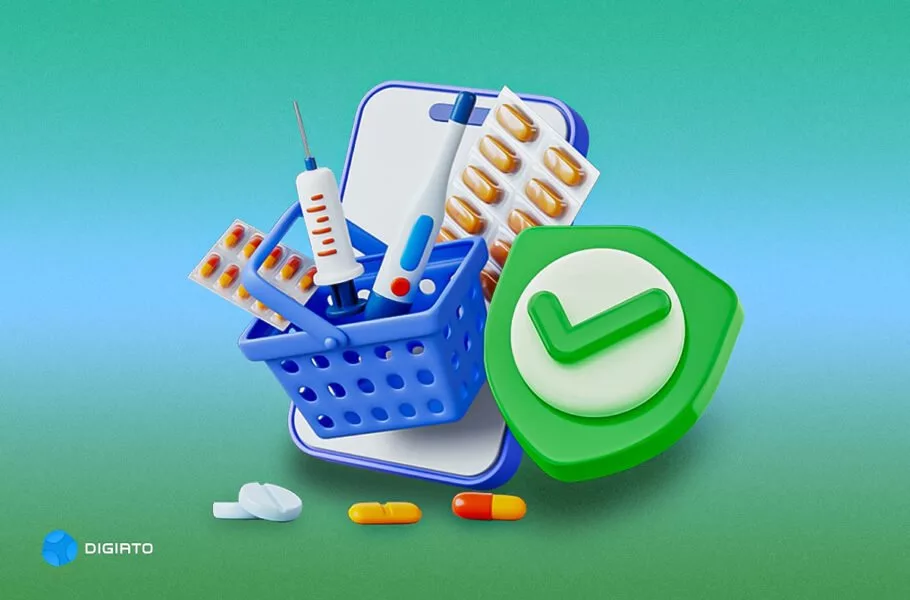
Urgent Call to Approve Online Medicine Delivery Platforms Following Iran’s 12-Day Conflict
Iran’s 12-day conflict underscored the urgent need for government approval of online medicine delivery platforms to ensure reliable access during emergencies.
During Iran’s recent 12-day conflict, while many stores closed and taxi drivers left cities, platforms like Digikala, Snapp, and Tapsi continued uninterrupted service. However, many pharmacies, especially in Tehran, shut down, largely due to prolonged regulatory barriers preventing online medicine delivery platforms from operating fully and reassuring the public.
This conflict, alongside crises like the COVID-19 pandemic, clearly demonstrated the vital role digital economy platforms play during emergencies. With transparent pricing, reduced monopolies, and most importantly, guaranteed service continuity, online platforms can save lives and maintain public calm.
According to Hossein Ali Shahriari, head of Parliament’s Health Commission, many Tehran pharmacies closed during the recent conflict for lacking licenses from the Food and Drug Administration (FDA)—a move he strongly criticized. Meanwhile, digital platforms maintained operations despite internet disruptions and security threats.
In the past two years, the FDA and Pharmacists’ Association, supported by government factions citing “medication safety” and claims of specialization, have restricted online medicine delivery. The FDA has actively prevented pilot online delivery programs in selected provinces and imposed obstacles to their progress.
Yet reality shows exclusive reliance on physical pharmacies limits drug distribution efficiency in crises. As pharmacies close and people cannot travel easily, online platforms with advanced logistics can swiftly and reliably ensure access to medications, offering citizens peace of mind.
Digital Medicine Delivery: A Critical Lifeline
Global experience supports this approach: countries like India have notably improved medicine access for remote and vulnerable populations through active pharmaceutical platforms, especially during pandemics and emergencies.
Experts stress that online medicine platforms play crucial roles in three areas: price transparency, curbing monopolies, and ensuring distribution stability in crises. Equipped with integrated logistics, up-to-date software, and AI technologies, these platforms can optimize emergency drug delivery.
Given these insights and lessons from the 12-day conflict, the government must decisively support the digital transition in medicine delivery. Finalizing the stalled regulatory framework, swiftly issuing licenses, and launching such platforms nationwide are critical.
Pharmacy closures during this crisis were a stark warning that traditional drug delivery models lack the necessary crisis resilience. Online platforms, despite challenges, sustained essential medicine flows. Now, the government faces a choice: protect entrenched interests or safeguard citizens' lives and ensure equitable medicine access. Firm support for online delivery today is an ethical imperative for public safety.
Just as digital platforms kept services running through the darkest hours of the conflict, it is now the government’s responsibility to illuminate a new path beyond outdated drug delivery barriers.










